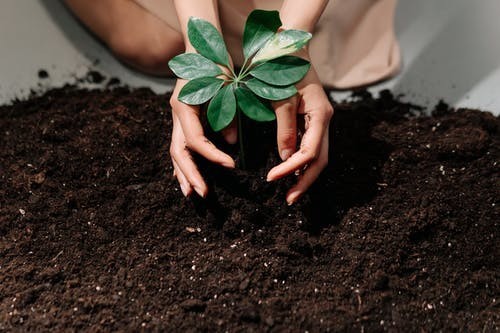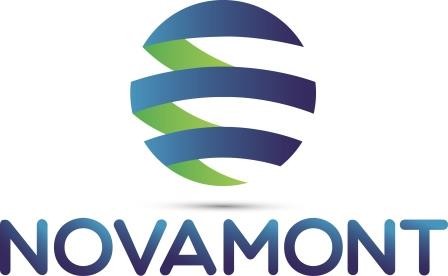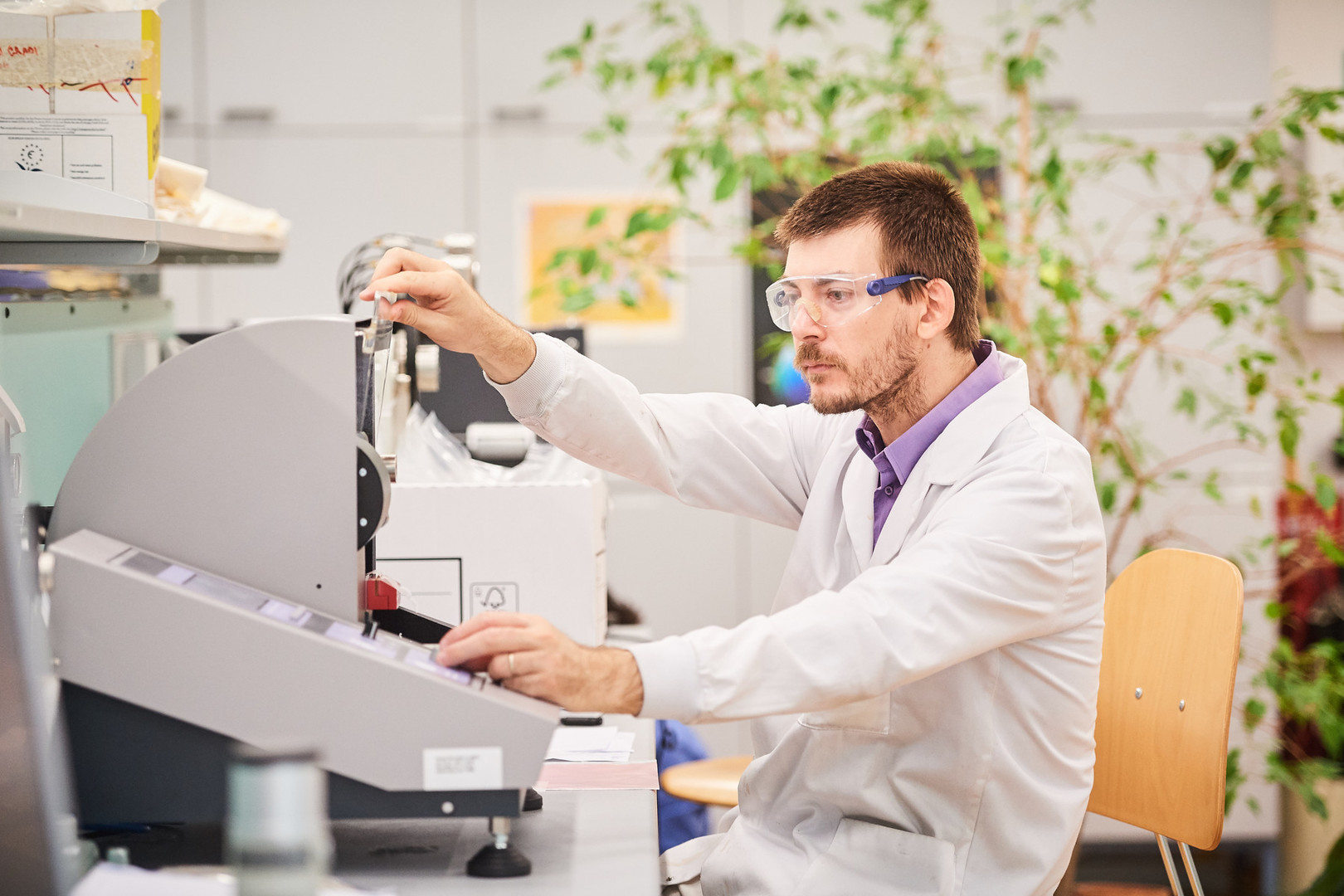Bioinnovation from italy to the world
An interview with Novamont
An interview with Patrizio Salice, Research Specialist and Project Manager at Novamont.
Sustainable development is in the core business/focus of Novamont. What have been the biggest achievements of Novamont in the past few years, particularly those that support/contribute to the circular solutions in the bio-based industry?
Novamont, since its origins, promotes a model of circular bioeconomy based on three pillars: the reindustrialisation of no longer competitive sites; the development of low impact agricultural value chains through the valorisation of marginal land; and products conceived and designed to reduce environmental impacts and preserve precious natural resources such as water and soil. Our most famous product is Mater-Bi, our innovative family of biodegradable and compostable bioplastics born from the integration of 4 world's first proprietary technologies. Applications made of Mater-Bi are conceived to provide solutions to certain environmental, economic and social problems in the managing of the organic waste collection, or in sectors where there is a high level of dispersion in the environment, as in the case of applications for agriculture. Examples of products made of Mater-Bi are carrier bags, fruit and vegetable bags, foodservice products, packaging, high barrier food packaging, mulch films, etc. One of our greatest achievements was to contribute to creation of a collaboration platform with key stakeholders across the whole value chain: farmers and feedstock providers, converters of biobased materials into end-products (most of which are SMEs), municipalities, clusters, waste management operators, Regions. Thanks to this approach a greater awareness of citizens on the importance of separate waste and biowaste collection and on the social, economic and environmental advantages of new value sustainable value chains spurred by biobased economy. Italy has become the first European country for the separate collection of organic waste (47% of the total against the European average of 16%). This model has also helped to reduce the per capita consumption of disposable bags in Italy by 57% (compared to 2010).
2. What could the bio-based sector in general contribute to the implementation of the European Green Deal including post-corona recovery? What are the present and the foreseen role of the Novamont within these processes?
The bio-based industry can play a key role in addressing the challenge of climate neutrality by 2050 and the greenhouse gas reduction target of 55% by 2030 envisaged by the Green Deal, enhancing the protection of the environment and ecosystems, producing bio-based materials for a climate-neutral future and delivering on Europe’s economic prosperity and ensuring a fair and just transition. An evolution of the bioeconomy sector towards increasing circularity will be essential to decarbonise the atmosphere, bringing organic matter back to the soil and restoring its fertility. In this direction, as Novamont, we will continue to work on the development of other low impact renewable bioproducts, such as biolubricants, bioherbicide formulations or ingredients for cosmetics, designed to reduce the impacts on water and soil ecosystems in those applications where the risk of dispersion in the environment is very high or certain. Moreover, we are continuously devoting effort in the implementation to differentiate feedstock supply by new innovative and sustainable chemical, physical and biotechnological processes to convert waste from different sectors into novel bioproducts in a circular bioeconomy domain, multiplying environmental, economic and social benefits for the society.
3. How has the corona crisis been affecting Novamont and what are the biggest challenges for the post-corona recovery for Novamont?
Despite the challenging period, in 2020, our research and development activities continued in full respect of new safety measures to guarantee the highest standards of workers health and safety; moreover, we chose to amend our statute by formalizing our will to pursue purposes of common benefit for the communities, territories and environment in which we operate, assuming the legal form of a Benefit Company. Also in 2020, thanks to the achievements in the circular bioeconomy sector, we obtained the B Corporation certification, becoming part of a global movement of companies that aims to promote and disseminate a business model that goes beyond the generation of profit for shareholders and aims to continuously innovate and maximize the positive impact on society, the environment and all stakeholders. In the future, we count on being able to continue to have a positive influence by putting into practice our territorial regeneration objectives and by providing our contribution to cultural growth and initiatives to raise awareness and education for sustainable development.
4. What are you planning to achieve through the EFFECTIVE project?
Within the framework of the Effective Project, Novamont is dedicating effort in demonstrating improved strategies for the design and production of sustainable biomaterials conceived as solution to actual problems. Specifically, Novamont is demonstrating how it is possible to adopt innovative technologies to convert feedstock (such as vegetable oils from innovative dry crops or waste oils) into high-value biobased building blocks towards the synthesis of innovative biopolymers to formulate new biomaterials for applications, such as compostable carries bags and secondary packaging for the textile sector. Considering the overall value chain, biomaterials are being designed based on Novamont’s extensive know-how to obtain sustainable biobased and biodegradable film products that meet the increased requirements by consumers on environmental sustainability and to provide reliable performances during their use and also at the end of their life. This way, end-users and consumers will benefit from bioproducts with enhanced performances compared to traditional products. At the same time, these compostable applications will contribute to improve the quantity and quality of the organic waste collected and transformed into high quality compost, that can be used to regenerate soil.


